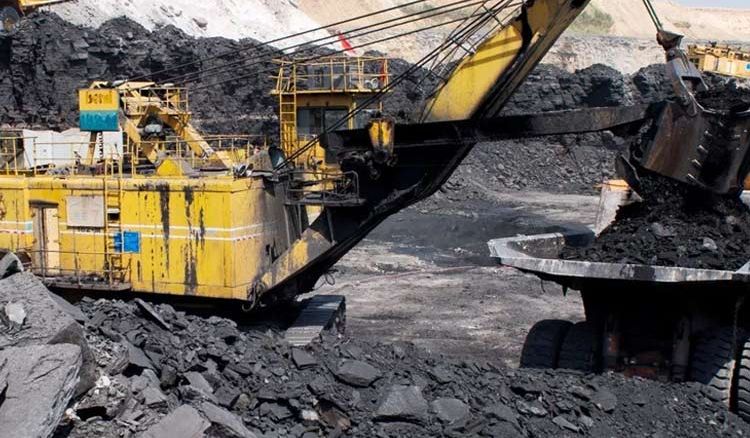Apart from mountains, green fields, rivers, a sea, a delta and many other natural landscapes of Bengal, there's a region extremely rich in the mineral deposits of coal. It covers a large radius stretching across cities and villages, concentrated in the western part of Bardhaman district. Raniganj Coalfield amasses all the mines under its canopy, spreading over the neighboring districts of Birbhum, Bankura and Purulia. It must be noted that a bulk of our state as well as national economy, is constituted by this particular treasure trove.
After nationalization of coal mines in 1975, Eastern Coalfields Limited (ECL) was founded. Designated as an Undertaking and a Subsidiary of Coal India Limited, the company acquired all the private coalmines of the Raniganj Coalfield. Presently, it owns 104 operating mines- a mammoth supervision exercised by thousand employees and labourers under its lavish payroll. The state of affairs for the workers has undergone vast changes under ECL's regime. The black and white picture of pitiful conditions of the mine-workers in post-colonial India is now coloured with much affluence. The company has its headquarters at Sanctoria, in the city of Asansol. ECL is the sole coal-producer of Eastern India, asserting efficient and economic marketing of coal alongside coal products in an eco-friendly manner while maintaining that streak of quality and conservation. From the sub-terranean collieries of Bejdih and Pandaveshwar to open cast projects in Kajora and Sitarampur, the whole system works with fluidity and ensures flourishing business - a profit shared, however indirectly, by almost all Indians.
It is a fact well-established by global concern that at some point in the near future, total depletion of natural resources, viz. coal, petroleum and natural gas, is inevitable. Notwithstanding, West Bengal is bountiful and, as per the government norms, ECL works with discretion and proper conservative methods.
 বাংলায় পড়ুন
বাংলায় পড়ুন














